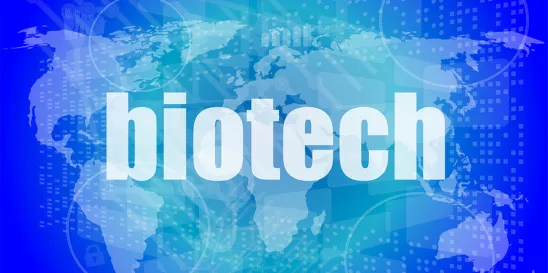Nikhil Pradhan, senior counsel in Foley & Lardner’s IP department, discusses the outlook for innovation in biotech and artificial intelligence (AI). The promise of AI is being realized for applications from drug discovery to precision medicine to overcoming biases in traditional health care protocols. At the same time, it is useful to recognize the complexity of health care solutions from both technology and human perspectives. No single enterprise will be able to provide an end-to-end solution, and new approaches that place data privacy and ownership first will be paramount.
Nikhil highlights three key ways in which biotech and the way we think about data will intersect and evolve:
- First, companies that manage data from clinical trials and other testing and validation will increase in importance. For example, when it comes to drug discovery, it will be critical for the results of trials to be fed back into the models to drive toward outcomes that are more likely to be successful in trials and beyond.
- Second, companies need to understand who really owns patient data so that they can negotiate for new ways of using data that are consistent with their business goals and the goals of their partners and other stakeholders. This could result in a mix of legal solutions in how agreements are negotiated and technology solutions for implementing data protection. This balance between accessibility and confidentiality will be the cornerstone of future data sharing endeavors.
- Finally, we may see the development of anonymized data sharing pools, allowing seamless collaboration between research entities, pharmaceutical firms, and health systems.
Altogether, these trends are pointing in the direction of faster, more precise drug development and lower-cost health care. There are significant opportunities for new players and innovations to emerge




 />i
/>i
